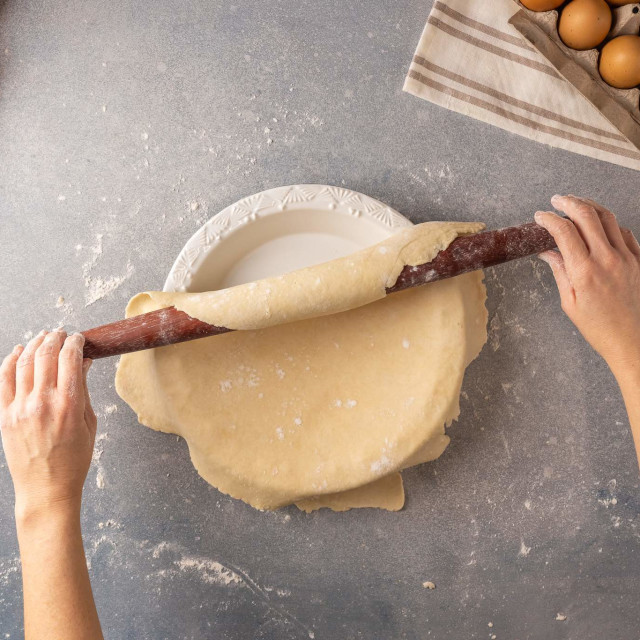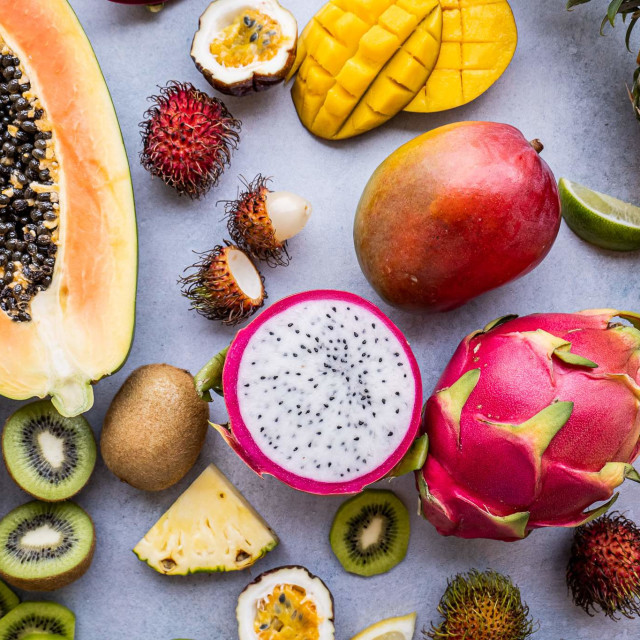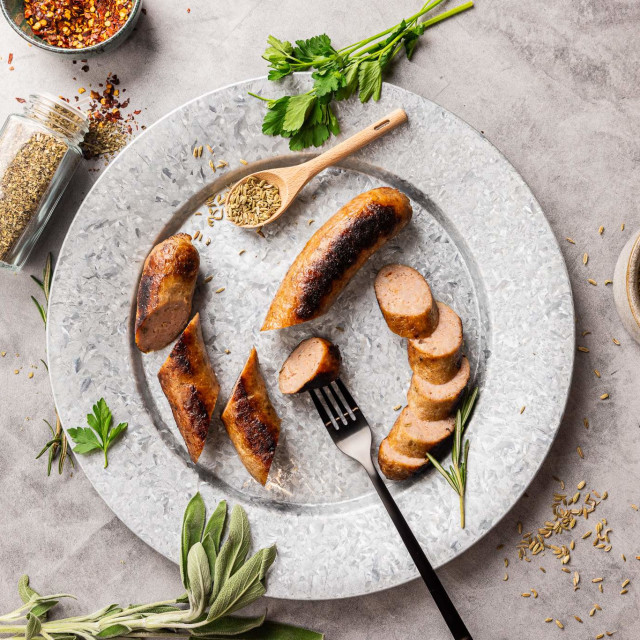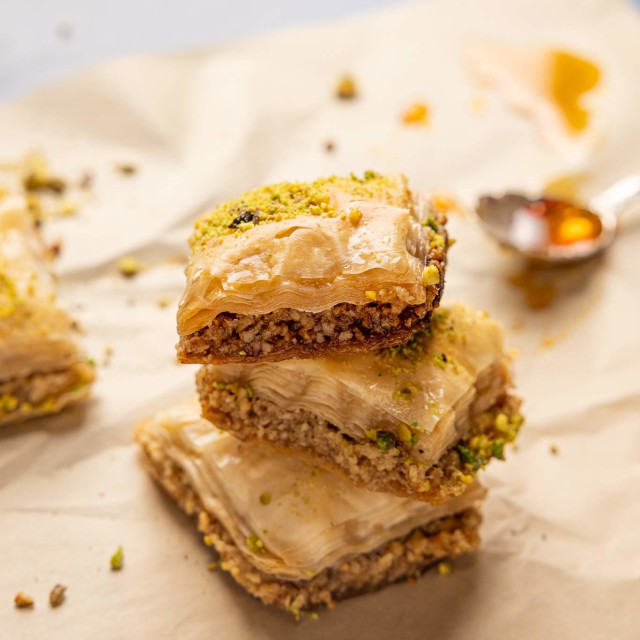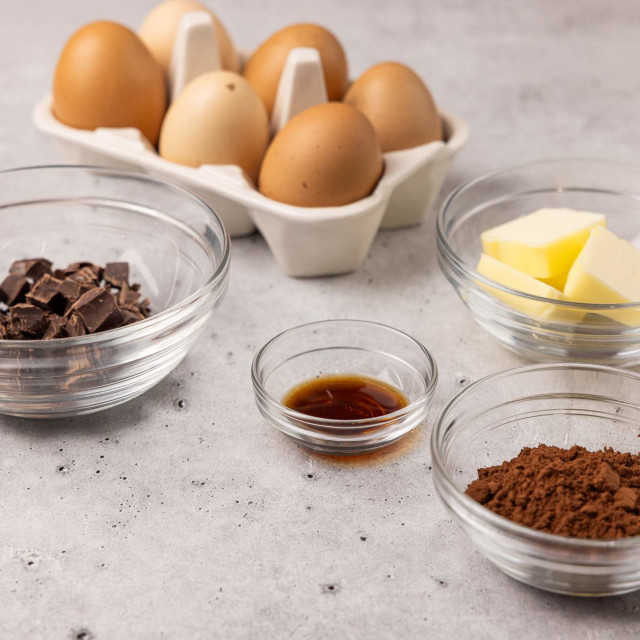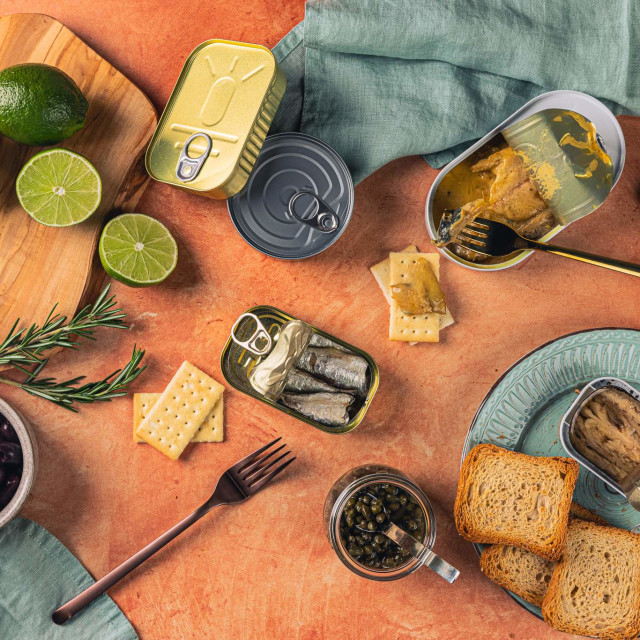Ginger Powder
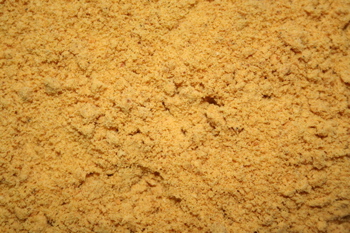 |
|
In the 1800s, English pubs kept shakers of ginger on their counters so patrons could mix some into their beer or ale. This practice led to the invention of what we now know as gingerale. |
See also ginger.
This pungent, complex spice is derived from the dried ground rhizomes, or roots, of the Zingibar Officinale Roscoe plant. With a hot, spicy-sweet flavor, the powder is popular in Europe and the United States where it is used to enhance salad dressings, soups, curries and meats, and of course, baked desserts like gingerbread, gingersnaps and spice cakes.
Storage Tips
Keep ginger powder in an airtight container at room temperature (away from heat). After six to seven months, it will begin to lose its spicy aroma and earthyflavor.
Usage Tips
• Add a pinch of ginger powder to cooked vegetables like carrots, sweet potatoes and squash.
• Sprinkle it on your chicken stir-fries or roasted lamb, pork, beef and veal.
• Mix into salad dressings, chutneys and teriyaki sauce for some extra "pop."
• Add 1/4 teaspoon to your favorite pumpkin pie filling.
Substitution Tips
The flavor of ginger powder is very different from that of fresh. While it works well in a wide variety of dishes, it should not be substituted for fresh ginger in recipes.
Try one of our favorite ginger powder recipes:
Teriyaki Beef of Chicken
Gingerbread Men
White Chocolate Ginger Truffles
Suggested Pairings
beef, brown sugar, butter, carrots, chicken, cinnamon, curry, fruit, lamb, pork, pumpkin, squash, sweet potatoes, teriyaki, veal
